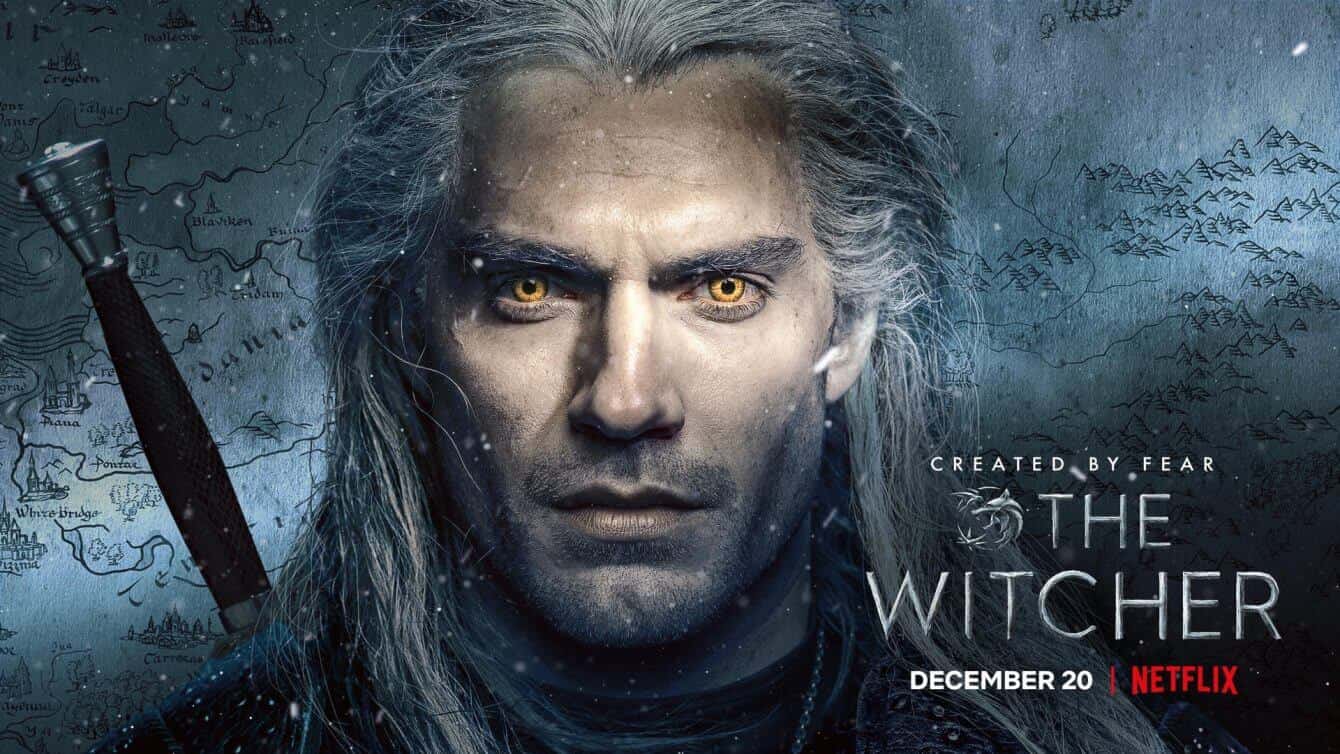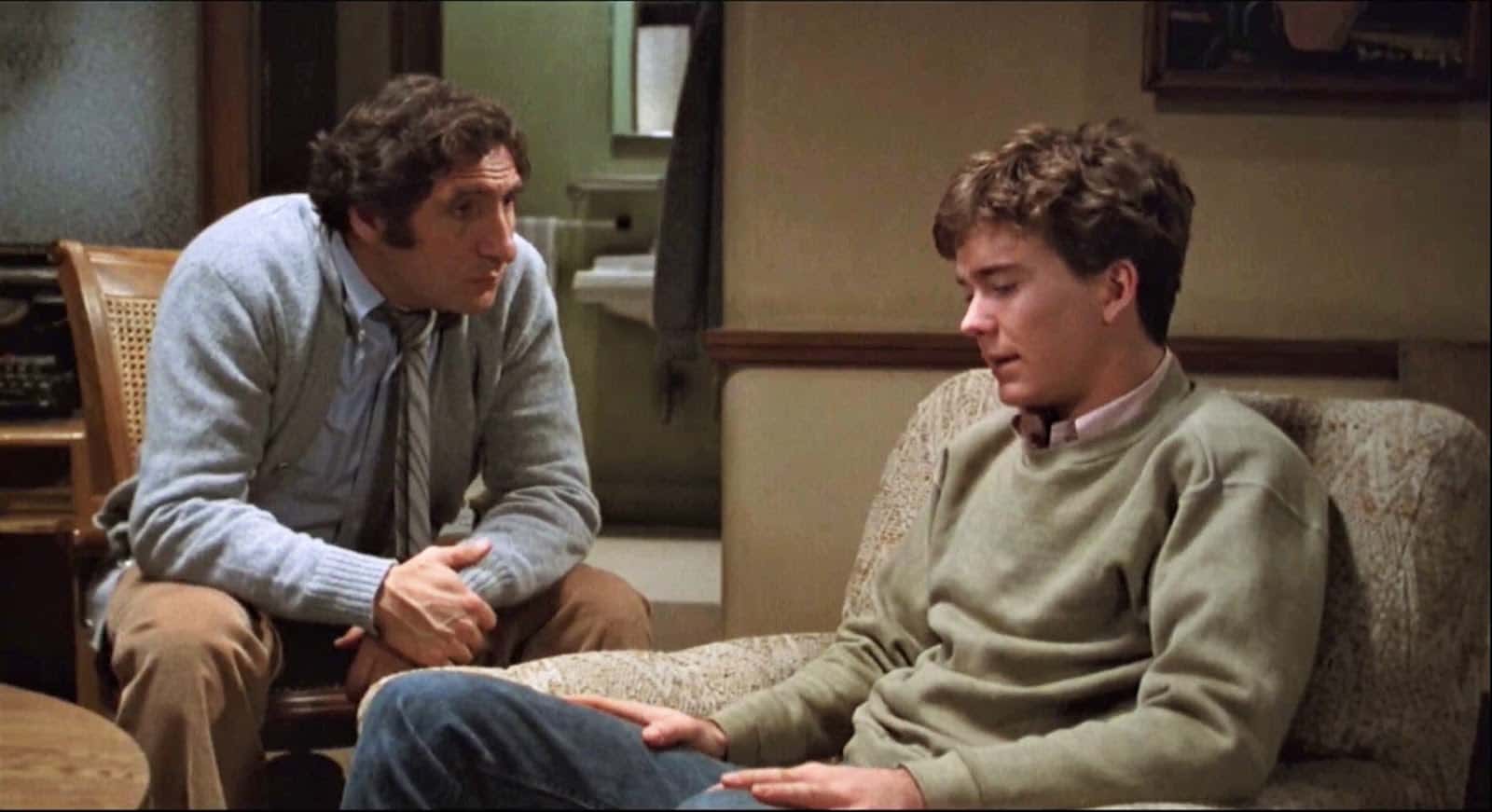TV show review: Netflix’s The Witcher: Season 1
17th January 2020
Credit: Netflix
When Netflix, everyone’s favourite endless depository of everything from big budget Hollywood blockbusters and generation defining TV shows to Bollywood musicals and gritty documentaries about the depressing reality of being a football fan in Sunderland, announced their plans to bring out an TV series based on The Witcher, my initial reaction was to remain quietly sceptical.
As someone who had first discovered the world of The Witcher through CD Project Red’s hugely successful games based on the adventures of the now widely recognisable gruff, sarcastic monster hunter named Geralt of Rivia and then gone on to read the original material on which the games were based, Polish author Andrzej Sapkowski’s novels, I strangely didn’t know how to feel about Netflix adapting a fantasy franchise that had already successfully existed in two mediums into an episodic TV series.
While I was more than happy to be getting more Witcher, in whatever form it came, I couldn’t help but feel a sense of trepidation regarding how Netflix would treat it. In my mind, I saw a vast corporate boardroom, with a faceless executive declaring ‘oh, it’s medieval fantasy, you say? Make it as much like that Game of Thrones as you can, that made shedloads of cash! We’ll have enough dosh to make mediocre Ricky Gervais stand-up specials until 2050!’. This was my main concern – that Netflix would ignore The Witcher’s unique atmosphere and selling points in favour of engaging in a process of blandification to attract a mass-market audience.
This perception didn’t improve when Netflix announced that Henry Cavill, famous for having been the most recent actor to play Superman, would play Geralt. In casting a young, muscular mainstream heartthrob to play the lead character, Netflix seemed to be confirming my suspicions. I went into the series half expecting Cavill to have been given a bland, superhero-version of Geralt to play, lacking the nuance of the established character from the novels and games and instead being afforded an incredible amount of shirtless screen time.
In practice, Cavill’s Geralt quickly became one of my favourite aspects of the show, as despite spending a not inconsiderable amount of time without his shirt on, the actor did a good job conveying the mixture of gruff, sarcastic humour and gritty pragmatism that made Geralt such a compelling character in the games and novels. In general, the main characters turned out to be one of the show’s strongest aspects. Anya Chalotra’s excellent portrayal of Yennefer of Vengerberg’s journey from timid hunchback to confident sorceress arguably makes the storyline that shows this progression over the course of the first few episodes one of the highlights of the entire series. She starts off as a scared young girl who can barely even use magic and, by the end of the series, is shooting copious amounts of fire out of her hands and leading her fellow sorceresses in battle, all the while being an excellent, strong female character. Though, this success is slightly overshadowed by the fact that, in my view, the show’s writing gets in the way of some of the story-lines involving the other main characters, Geralt and Ciri, which had the potential to be just as great as Yennefer’s.
I quickly identified the aforementioned writing as the source of most of my problems with the show. Many of the episodes, generally the ones closest to the start of the series, are constructed around three separate sub-plots, revolving around the series’ three main characters, Geralt, Yennefer and Ciri. This structure can be good, but often proves to be problematic, drawing attention to the jarring differences between the different characters’ story-lines.
Geralt’s storylines, for example, are pretty much all adaptations of the short stories that make up Sapkowski’s first two Witcher books that the show’s writers have made some changes to in adapting them for television. Usually, this is something that I’d have no problem with accepting, as any adaptation from one medium into another will require either some light tweaking in order to make a straightforward re-telling of the original work well in the new medium or sweeping changes if the writer wishes to re-imagine the original story from a new perspective. Sadly many of Geralt’s adapted story-lines fall into a strange, murky space between these two approaches, with not enough changes being made to offer any new perspective on the stories, but too many jarring changes being made that don’t necessarily add much – if anything – to the original works.
A recurring example of this is the addition of established to characters to stories they weren’t originally featured in, as happens with Jaskier in episode four and with Triss in episode three. The addition of these characters doesn’t add many new wrinkles to the plot lines and in the end I was left feeling that their addition was little more than an attempt by the writers to give characters that appear in half or less of the episodes in the series more screen time, without actually making them have any impact on the stories they’ve been hastily added to.
In the case of Joey Batey’s Jaskier, this is entirely unnecessary, as the character’s caustic wit and unbreakable optimism already makes more than enough of an impression on the audience in the three other episodes that he’s a central part of. However, for Anna Shaffer’s Triss, her inclusion in episode three is clearly an attempt by the writers to simply give a character they’ve neglected throughout the rest of the show some kind of introduction before her appearances in the final two episodes. In my view, Triss would have been much better served by being given a prominent role in the story-lines surrounding Yennefer, especially given that in the final two episodes, she primarily stars alongside and interacts with characters from these story-lines. Sadly, without this, Triss, a character that the games especially gave a lot of interesting depth, just sort of fades into the background of this series.
Returning to Geralt’s storylines, they also suffer from some bizarre character changes and casting choices. One instance of this is Shaun Dooley’s King Foltest, who, in episode three, is presented as a one-dimensional villain, possessing an uncanny resemblance to Henry the Eighth. This reduction of the existing character from the books and games, who, while possessing a number of negative characteristics, always possessed admirable aspects that helped the audience understand why his subjects treated him with reverence, removes a lot of the moral ambiguity and intrigue from Geralt’s story in episode three, framing it more as a straightforward, reductive battle of good versus evil. Another strange portrayal is that of Adam Levy’s Mousesack, who appears across both Geralt and Ciri’s story-lines and, rather than being the magically skilled druid featured into both the books and games, is portrayed as a rather generic court wizard, devoid of any distinguishing features aside from the fact that he has a beard. This seems like a glaring missed opportunity to give a character a unique appearance that would have made him more interesting and memorable.
Moving on to the storylines centred around Freya Allan’s Ciri, the main issue encountered by these parts of the series concerns the time that their events take place. In terms of the world of the Witcher’s timeline, many of the events portrayed concerning Ciri take place years after the short stories involving Geralt and the events concerning Yennefer becoming a sorceress. This might not be a problem, if the show made it clear, even if only through the simple addition of some subtitle text over the initial long scene setting shots, but, as is, it makes the show more confusing than it needs to be. The difference in time causes by far the most problems in episode seven, in which Ciri’s story-line jumps back in time without any indication or warning, in order to integrate Geralt into it. This is marked by the sudden re-appearance at the beginning of the episode, of Mousesack, whom we’ve witnessed be both killed and replaced with a doppelgänger in a previous episode, causing my mother, whom I was watching the show with, to wonder aloud how or why he’d suddenly been resurrected and whether or not this was the real Mousesack or the doppelgänger he’d been replaced with.
It is instances like this that lead me to believe that, for those with limited or without any previous experience of The Witcher, through either the books or games, the series would be quite a challenge to follow, as in addition to the jumps in time, it introduces a litany of diverse names and places without much explanation. This is an issue faced by many sprawling fantasy universes, where Kings, Queens, countries and provinces can all easily blend into a mush of empty words that mean next to nothing to the audience. I felt the series could have made itself much more accessible by employing measures like including subtitles indicating the names of places alongside those crude time-based subtitles I suggested before. Another easy method of curing this would have been to include a scene, in one of the episodes which features Yennefer being taught to be a sorceress, where her and her classmates are being shown a map of the continent, with a few important countries being pointed out and some short discussion of their differentiating characteristics. This would have fit in naturally with Yennefer’s story and might have helped newcomers to The Witcher to be less overwhelmed by the sheer scope of the world being presented to them.
Overall, despite, its flaws, I generally enjoyed the first season of Netflix’s Witcher. The show is definitely at its best when exploring the deep two-way relationships between certain characters, such as Geralt and his best friend Jaskier and Yennefer and her mentor, Tissaia De Vries. Jaskier and Geralt’s relationship alone is worth giving the show a watch, along with Yennefer’s strong character arc, which is clearly the strongest, most likely due the fact that it was only adapted from vague details given in the books and therefore the writers had more creative freedom to tell the story they wanted to without feeling obligated to stick to the confines of an existing story. Hopefully the show can build on this first season with a strong second season, though I can’t say I’ll be any less sceptical going into it than I was this time around.


